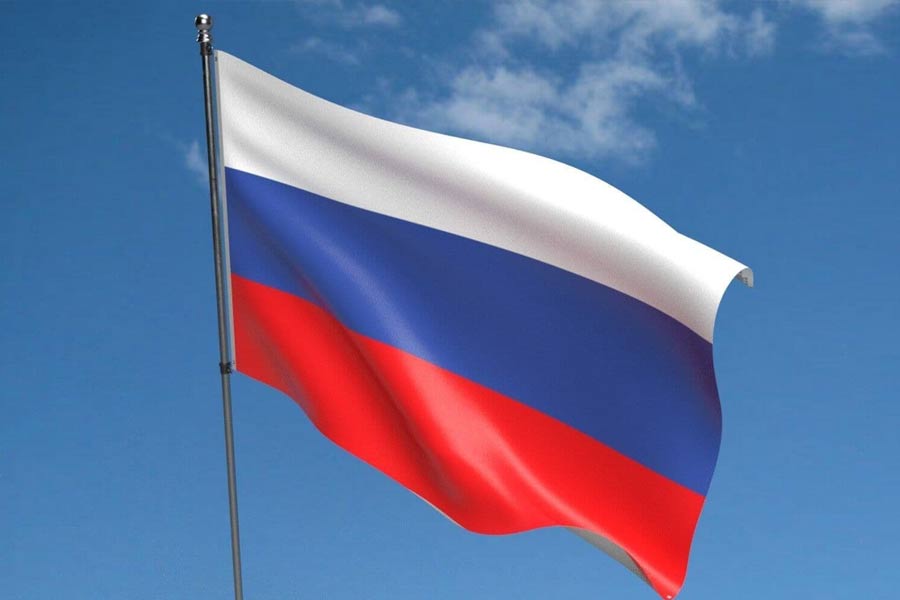US and allied intelligence officials are tracking an increase in low-level sabotage operations in Europe that they say are part of a Russian campaign to undermine support for Ukraine’s war effort.
The covert operations have mostly been arsons or attempted arsons targeting a wide range of sites, including a warehouse in England, a paint factory in Poland, homes in Latvia and, most oddly, an Ikea store in Lithuania.
But people accused of being Russian operatives have also been arrested on charges of plotting attacks on US military bases.
While the acts might appear random, US and European security officials say they are part of a concerted effort by Russia to slow arms transfers to Ukraine and create the appearance of growing European opposition to support for Ukraine.
And the officials say Russia’s military intelligence arm, the GRU, is leading the campaign.
The attacks, at least so far, have not interrupted weapons flow to Ukraine, and indeed many of the targets are not directly related to the war. But some security officials say Russia is trying to sow fear and force European nations to add security throughout the weapons supply chain, adding costs and slowing the pace of transfers.
Nato and European leaders have been warning of the growing threat. Prime Minister Kaja Kallas of Estonia said last week that Russia was conducting a “shadow war” against Europe.
Prime Minister Donald Tusk of Poland announced the arrest of 12 people accused of carrying out “beatings, arson and attempted arson” for Russian intelligence.
And Prime Minister Jonas Gahr Store of Norway said Russia posed “a real and serious threat”, after his country warned about possible attacks targeting energy producers and arms factories.
Amid the growing concern about sabotage, Nato ambassadors are set to meet next month with Avril Haines, the US director of national intelligence. Haines will provide an intelligence briefing on Russia’s war in Ukraine, but she will also discuss Moscow’s covert sabotage campaign in Europe.
New York Times News Service











